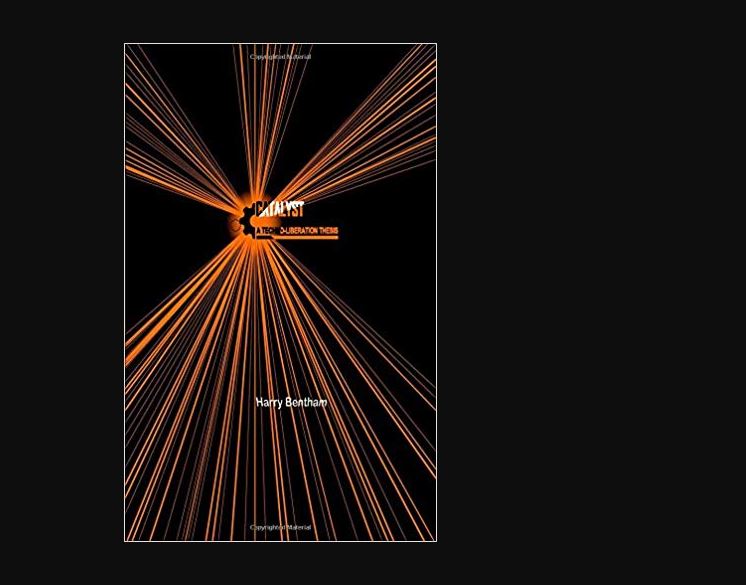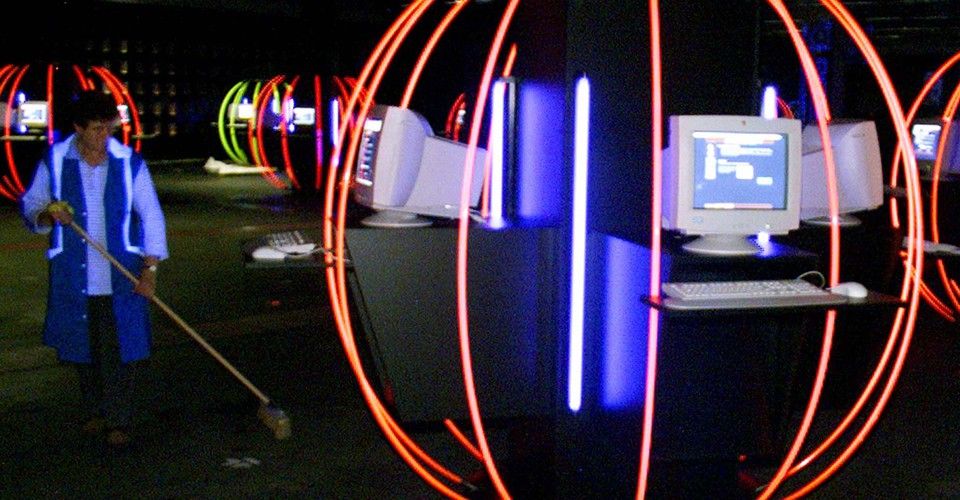Click on photo to start video.
I’m joined by Jenny Martinez, the Dean of Stanford Law School, and Noah Feldman, a Professor at Harvard Law. They’re both experts in constitutional law, and Noah is also an advisor to Facebook helping us define the independent oversight board where people will be able to appeal our content decisions. The idea is to create a separation of powers so that while Facebook is responsible for enforcing our policies, we aren’t in the position to make so many decisions about speech on our own. This board will be tasked with upholding the principle of free expression while ensuring we keep our community safe.
This morning we also released a report with all the feedback we’ve gotten from experts about how to best set up this board based on almost 30 workshops we’ve hosted around the world. It also covers many of the questions asked in our live discussion, including how the board members should be selected to ensure independence, what the scope of their decision-making should be, the importance of publishing their deliberations, and more. You can check out the full report here: https://fbnewsroomus.files.wordpress.com/2019/06/oversight-b…port-1.pdf







